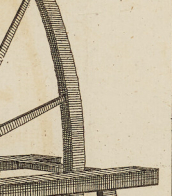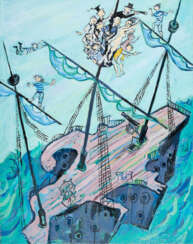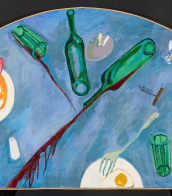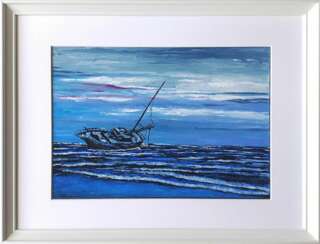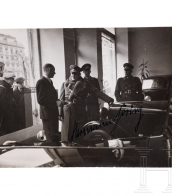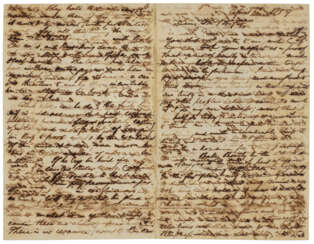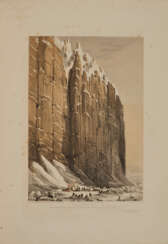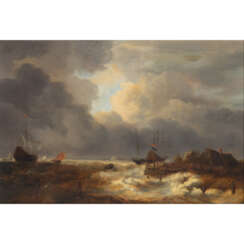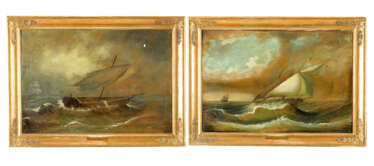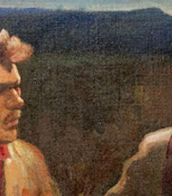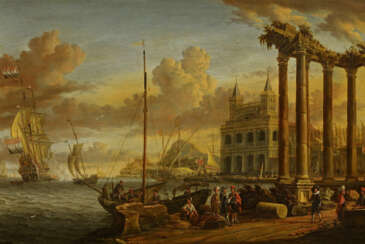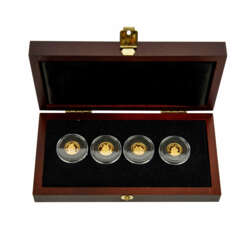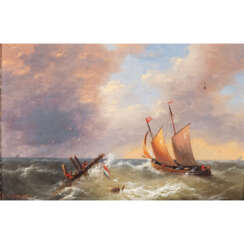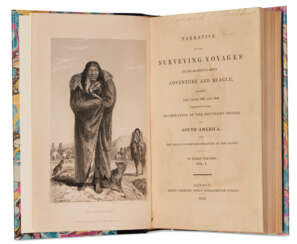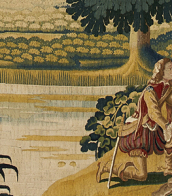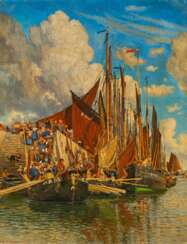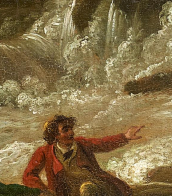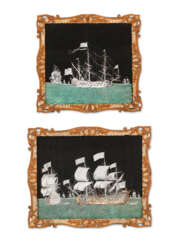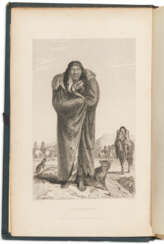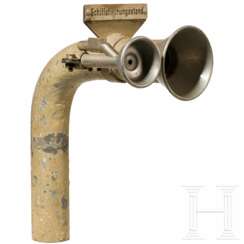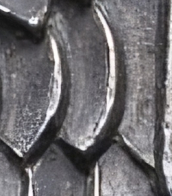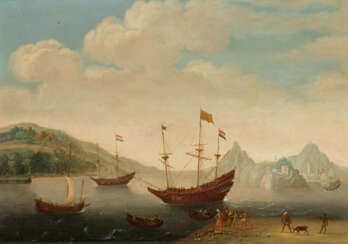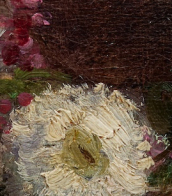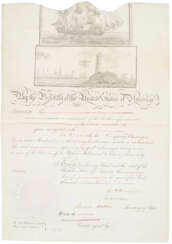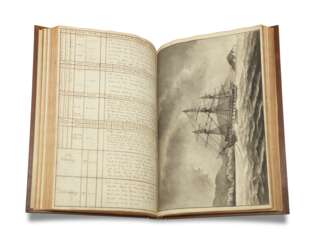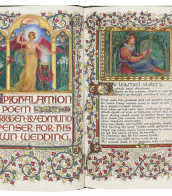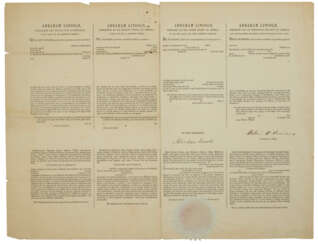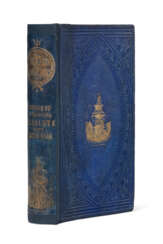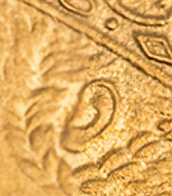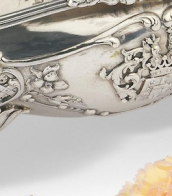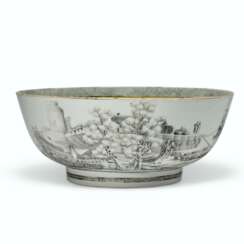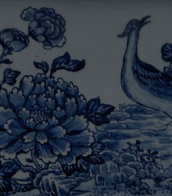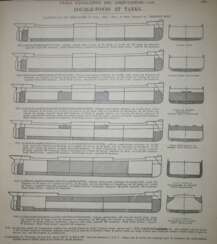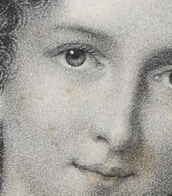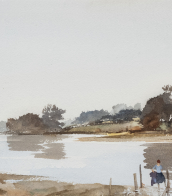ships
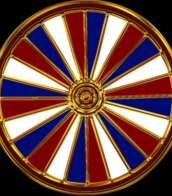
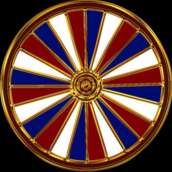

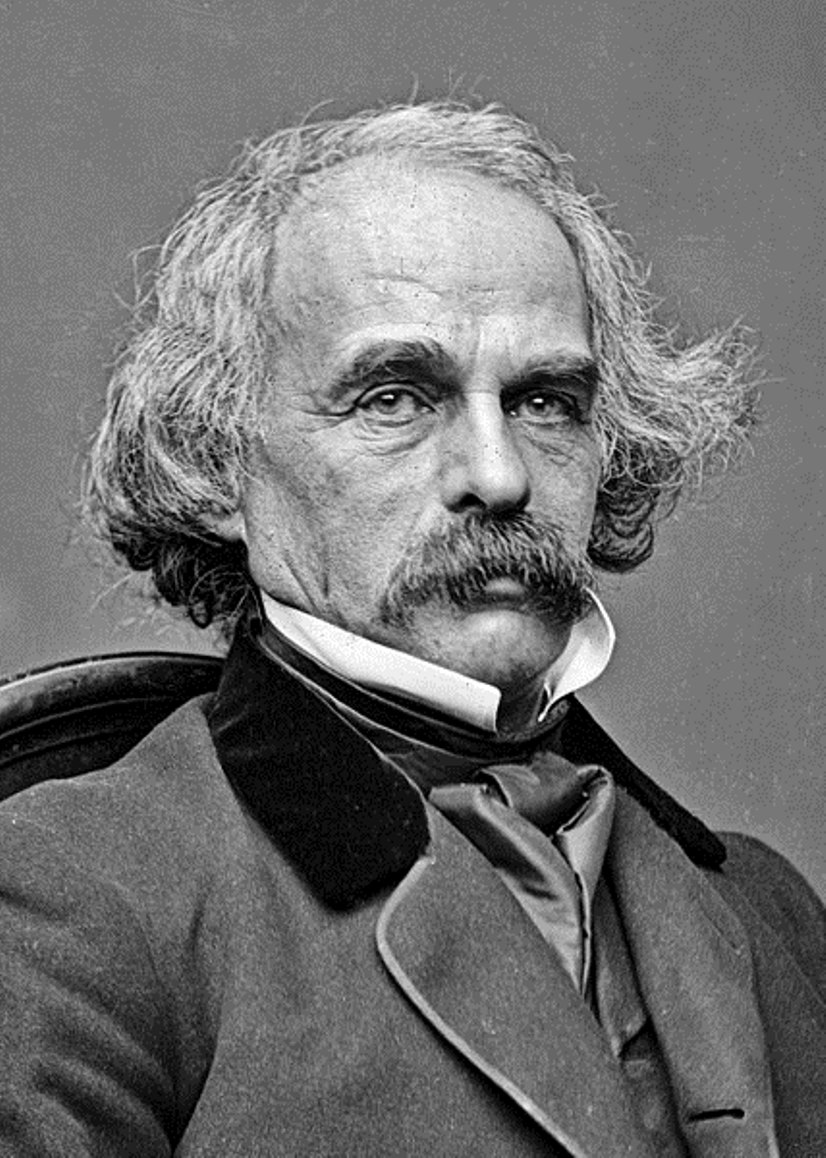
Nathaniel Hawthorne is an American writer and author.
Hawthorne is a recognized short story writer and a master of allegorical and symbolic narrative. One of the first fiction writers in American literature, he is best known for his works The Scarlet Letter (1850) and The House of Seven Gables (1851). Hawthorne's artistic works are considered part of the American Romantic movement and, in particular, of so-called dark Romanticism, a popular mid-19th-century fascination with the irrational, the demonic, and the grotesque.
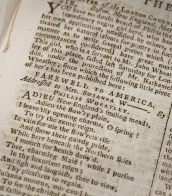
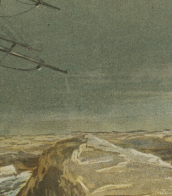
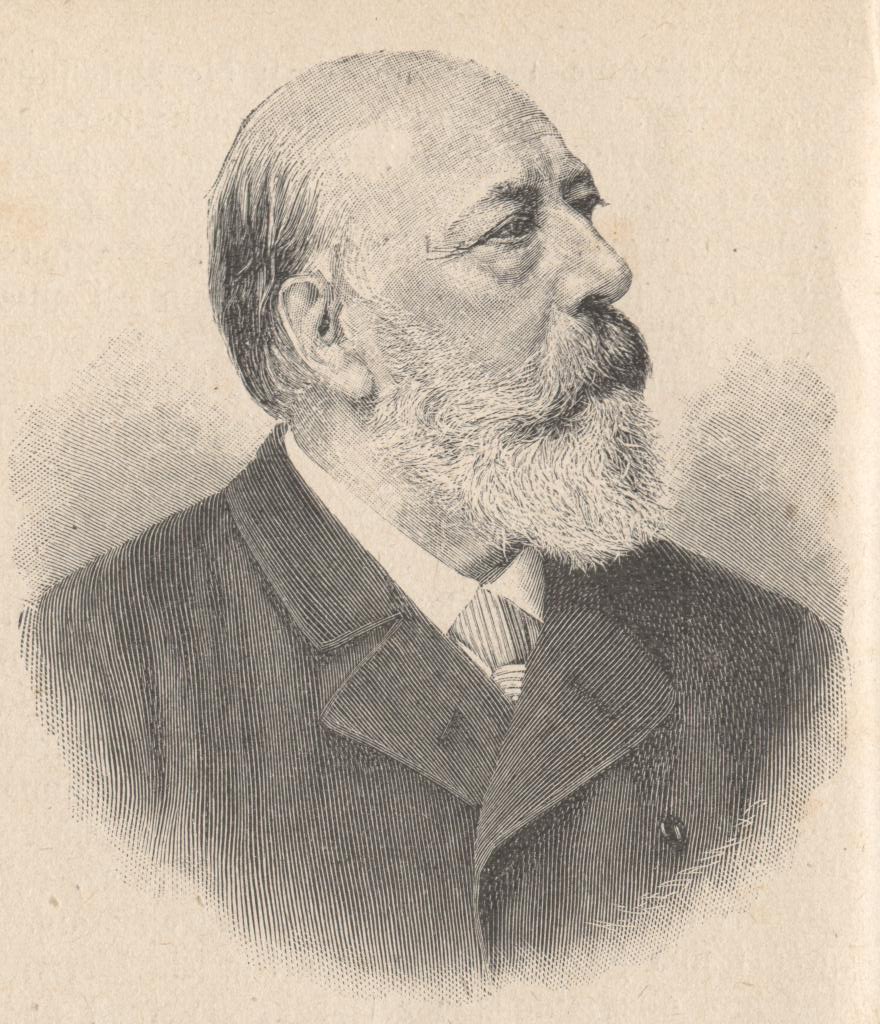
Andreas Achenbach was a German landscape and seascape painter in the Romantic style. He is considered to be one of the founders of the Düsseldorf School.[citation needed] His brother, Oswald, was also a well known landscape painter. Together, based on their initials, they were known as the "Alpha and Omega" of landscape painters.
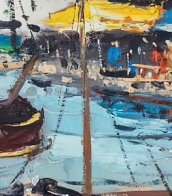
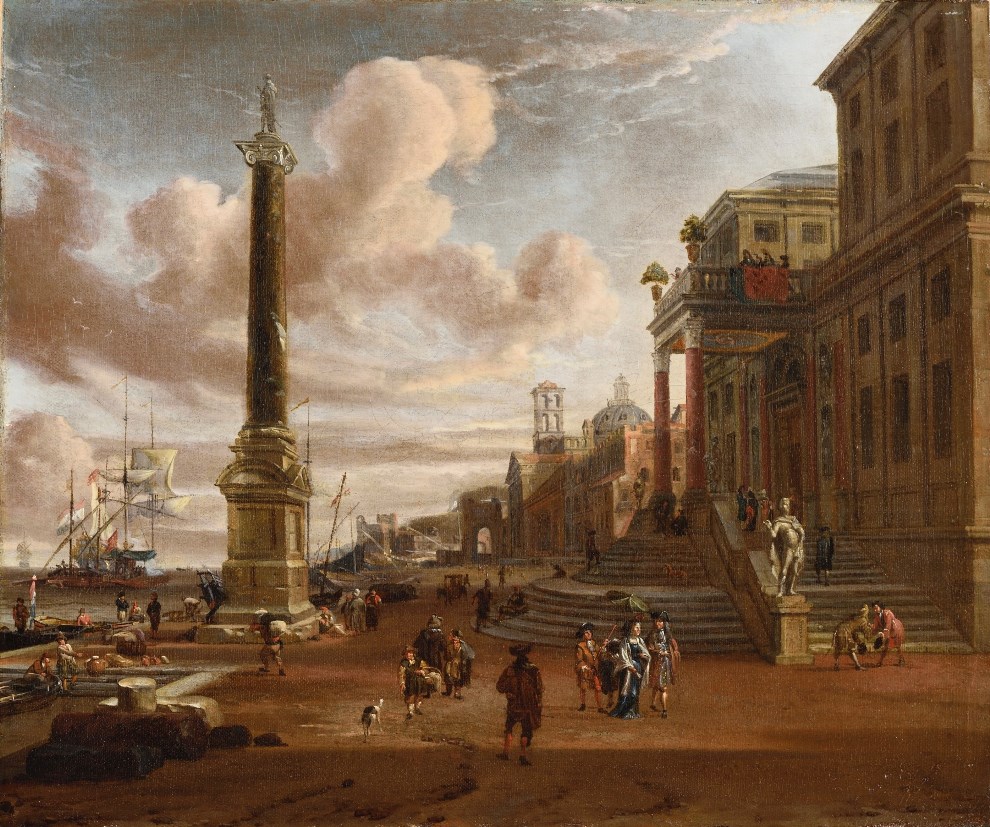
Jacobus Storck was a Dutch marine painter of the Dutch Golden Age, son of the marine painter Johannes Sturkenburg, and elder brother of the painter Abraham Storck.
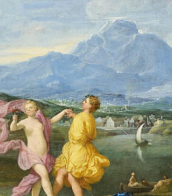
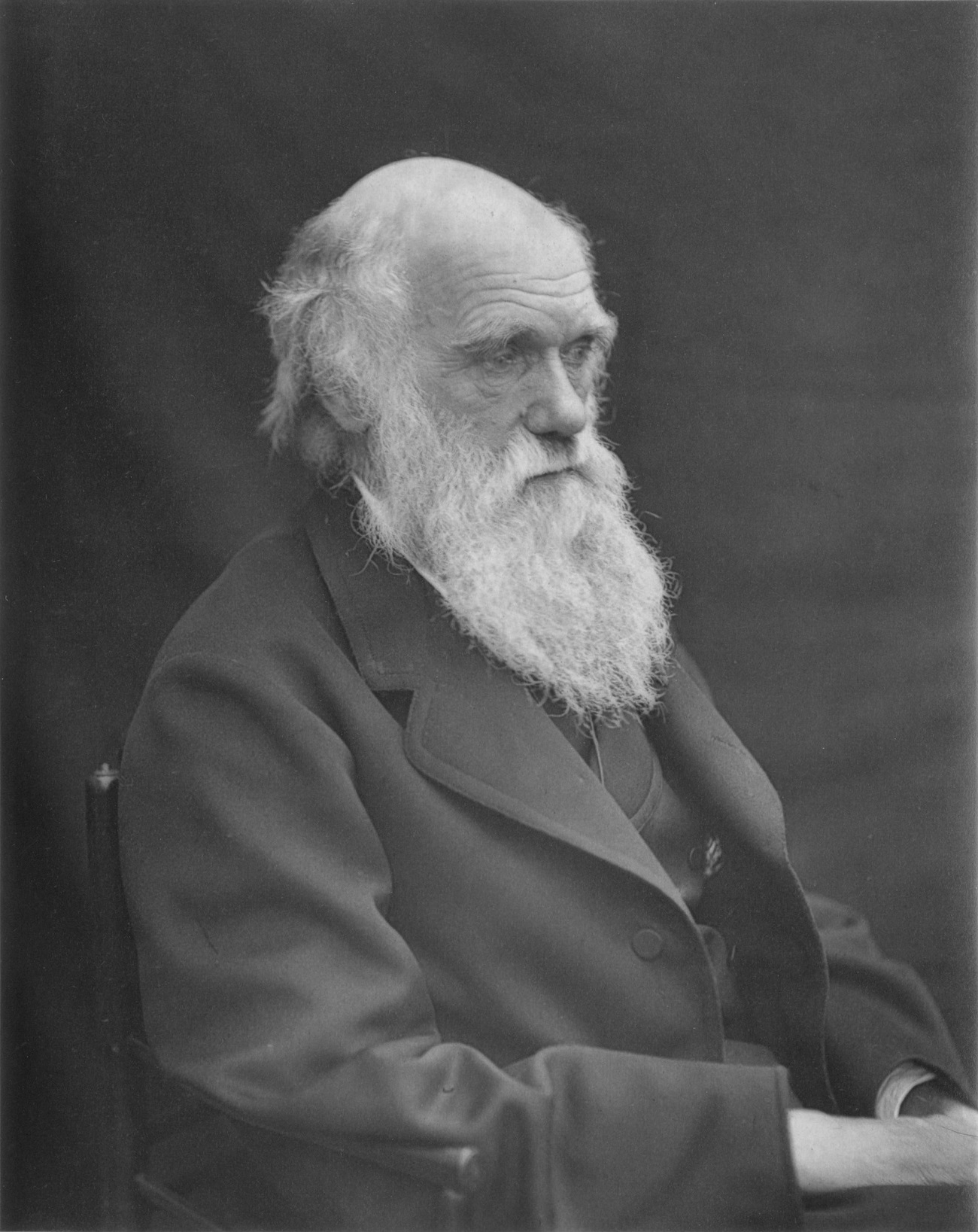
Charles Robert Darwin was an English naturalist, geologist, and biologist, widely known for contributing to the understanding of evolutionary biology. His proposition that all species of life have descended from a common ancestor is now generally accepted and considered a fundamental concept in science. In a joint publication with Alfred Russel Wallace, he introduced his scientific theory that this branching pattern of evolution resulted from a process that he called natural selection, in which the struggle for existence has a similar effect to the artificial selection involved in selective breeding. Darwin has been described as one of the most influential figures in human history, and he was honoured by burial in Westminster Abbey.

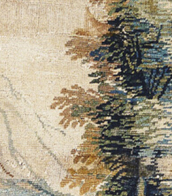

Charles Robert Darwin was an English naturalist, geologist, and biologist, widely known for contributing to the understanding of evolutionary biology. His proposition that all species of life have descended from a common ancestor is now generally accepted and considered a fundamental concept in science. In a joint publication with Alfred Russel Wallace, he introduced his scientific theory that this branching pattern of evolution resulted from a process that he called natural selection, in which the struggle for existence has a similar effect to the artificial selection involved in selective breeding. Darwin has been described as one of the most influential figures in human history, and he was honoured by burial in Westminster Abbey.

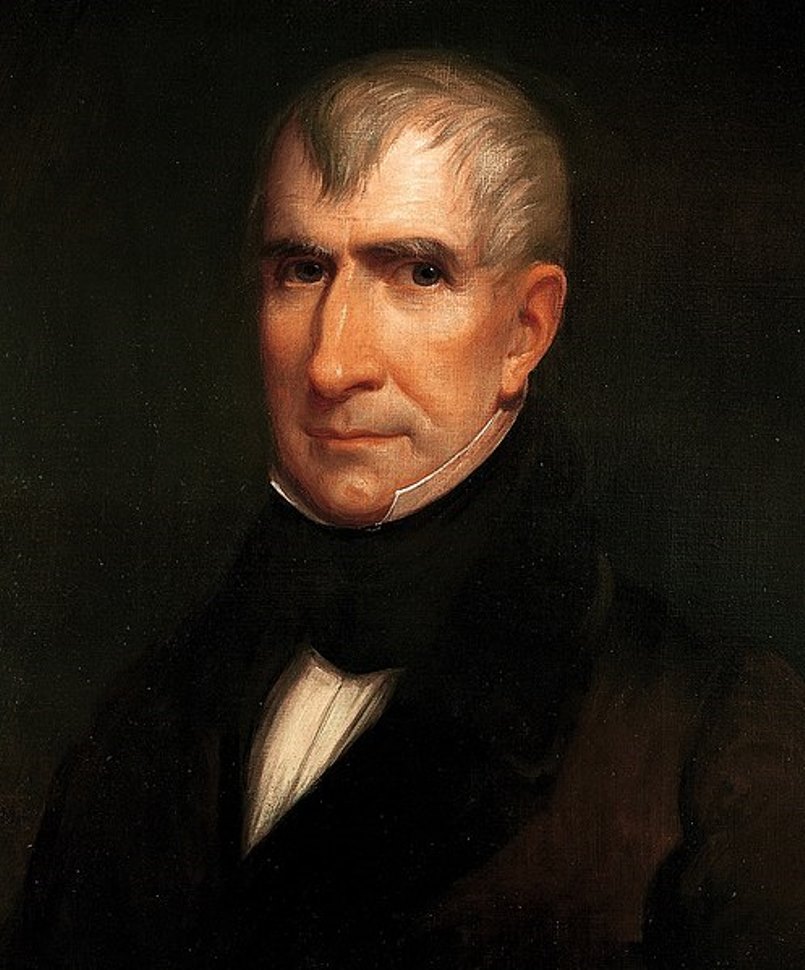
William Henry Harrison, an American military officer and politician, became the ninth President of the United States in 1841, making history with the shortest presidency due to his death just 31 days after taking office. Born on February 9, 1773, in Charles City County, Virginia, Harrison was the last U.S. president born as a British subject and the paternal grandfather of Benjamin Harrison, the 23rd president.
William Henry Harrison's early military career was marked by notable achievements, including participating in the Battle of Fallen Timbers in 1794, which concluded the Northwest Indian War. His leadership against Tecumseh's confederacy at the Battle of Tippecanoe in 1811 earned him the nickname "Old Tippecanoe." He was later promoted to major general during the War of 1812, securing a significant victory at the Battle of the Thames, which effectively ended the Indian confederation led by Tecumseh.
Before his presidency, William Henry Harrison had a prolific political career, starting in 1798 when he became the secretary of the Northwest Territory. He was then elected as the territory's delegate to the U.S. House of Representatives in 1799. In 1801, he became the governor of the Indiana Territory, where he negotiated numerous treaties with Native American tribes, acquiring vast tracts of land for the United States. Harrison's political journey also included terms in the U.S. House of Representatives, the Senate, and as the U.S. Minister to Colombia before being nominated by the Whig Party for the presidency in 1840.
His presidential campaign was famous for the "Log Cabin Campaign," where Harrison was presented as a man of the people, in stark contrast to the incumbent President Martin Van Buren, who was portrayed as an elitist. This strategy proved successful, and William Henry Harrison won the presidency with a significant margin. However, his time in office was cut short when he died of presumed pneumonia, making his wife, Anna Harrison, the first presidential widow to receive a pension from Congress.
Harrison's legacy is complex, marked by his military and political contributions that significantly impacted the United States' expansion and development during its early years.
For those interested in learning more about William Henry Harrison, signing up for updates is a great way to stay informed about new discoveries and interpretations of his life and contributions to American history. This subscription will alert you to new product sales and auction events related to this significant historical figure, providing a unique opportunity for collectors and experts in art and antiques to deepen their understanding of American history.
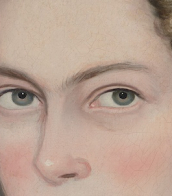
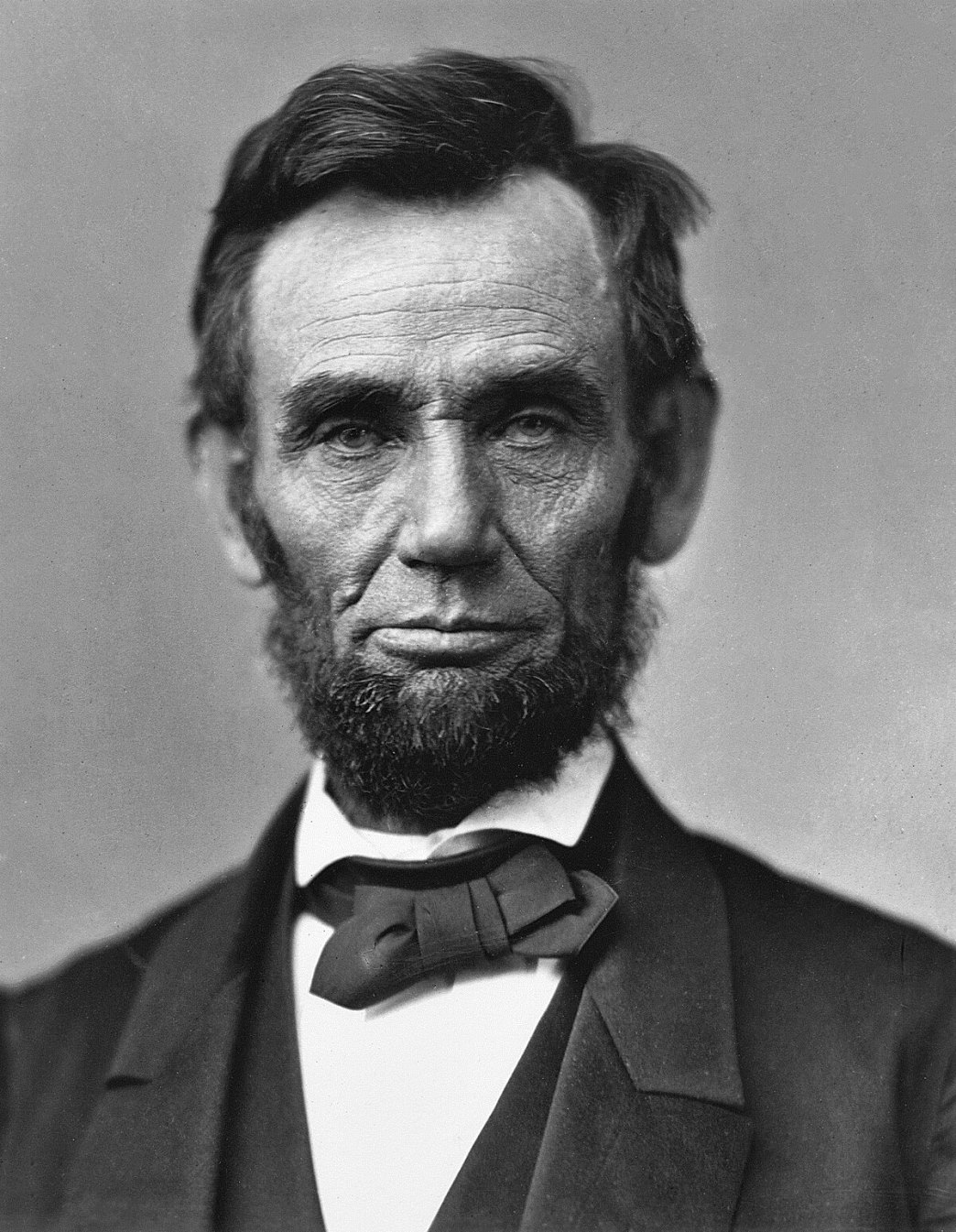
Abraham Lincoln was an American statesman and politician, the 16th President of the United States (March 4, 1861 - April 15, 1865).
The son of a frontiersman and a Kentucky farmer, Lincoln worked hard from an early age and struggled to learn. He was a militiaman in the Indian War, practiced law, and sat in the Illinois legislature for eight years. He was an opponent of slavery and gradually gained a national reputation that earned him victory in the 1860 presidential election.
After becoming the 16th president of the United States, Abraham Lincoln turned the Republican Party into a strong national organization. In addition, he drew most Northern Democrats to the Union side. On January 1, 1863, he issued the Emancipation Proclamation, which declared permanently free those slaves who were in Confederate territory. Lincoln considered secession illegal and was prepared to use force to defend federal law and the Union. Four more slave states joined the Confederacy, but four remained in the Union, and the Civil War of 1861-1865 began.
Lincoln personally directed the military action that led to victory over the Confederacy. Abraham Lincoln was reelected in 1864, and on April 14, 1865, he was fatally shot at Ford's Theatre in Washington, D.C. by actor John Wilkes Booth.
Abraham Lincoln is a national hero of the American people, he is considered one of the best and most famous presidents of the United States until today.
